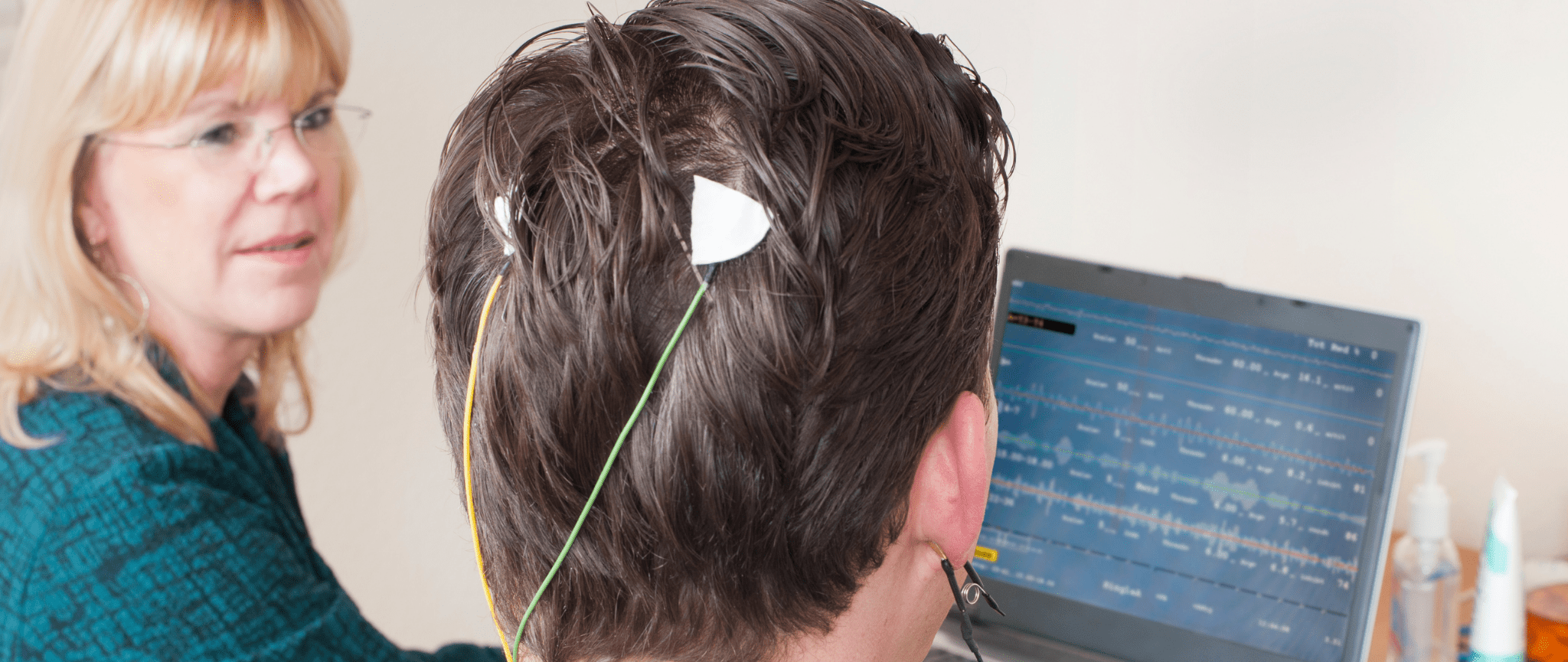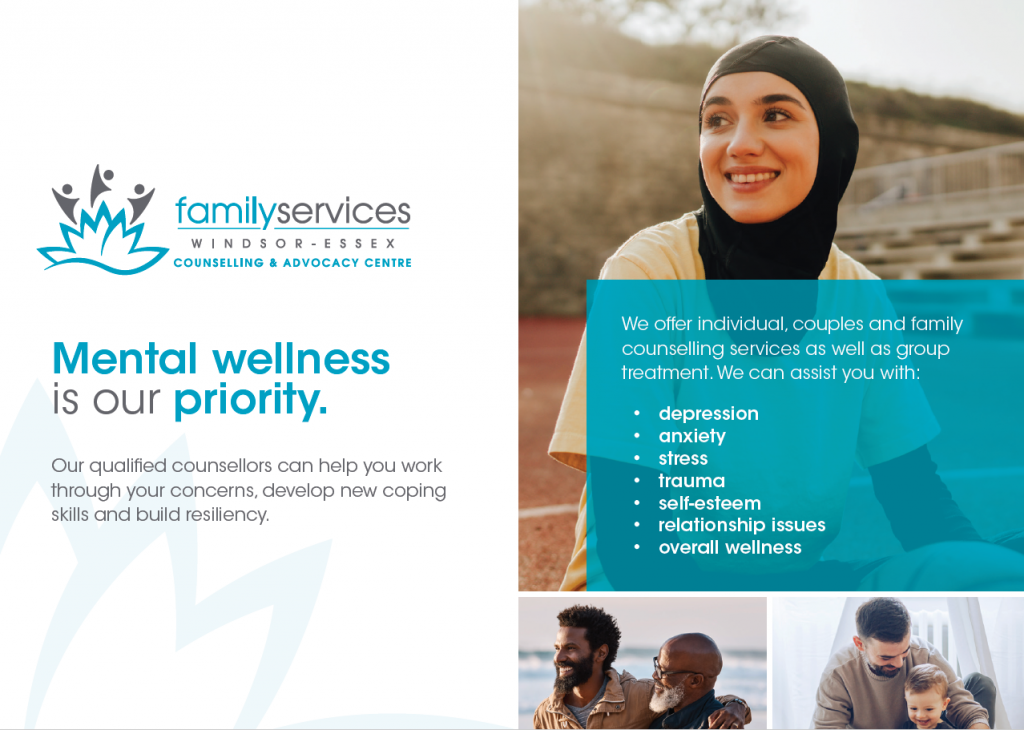What is Neurofeedback (NFB)?
Neurofeedback is a tool that can use your brain’s natural electrical activity to help it function more effectively. Your brainwaves are observed in action and your brain is rewarded for changing its own activity to more desirable patterns. Like many of your organs, your brain is “self-regulating” and neurofeedback can help train your brain to better self-regulate to improve your brain function. Your improved brain function can result in a reduction in your symptoms which in turn leads to improved health and well-being.
How does Neurofeedback work?
Trained therapists use sensors to monitor your brainwaves and a specialized computer program to send feedback to you through a series of ‘tones’ when your brainwaves are functioning within an optimal range. The stimuli (tones) only occur when your brainwaves are functioning within that optimal range. This acts as a reward for your brain. When your brainwaves fire at a rate that is not optimal, you will not hear a tone. This tells your brain that something is out of balance and encourages it to “figure out” how to return to an optimal range to be rewarded again by the stimuli. Over the course of a neurofeedback training program, your brain learns from this feedback through practice and repetition. Due to your brain’s “neuroplasticity” (ability to create new pathways), this can promote lasting functional changes within your brain activity. Your brain can learn to consistently operate within an optimal range, even outside of your training sessions, which in turns helps to alleviate your accompanying symptoms.
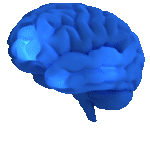
Why does Neurofeedback work?
Your brain is amazingly adaptable, also known as “neuroplasticity”. It is capable of making adjustments to improve its own performance if given cues about what to change. When the brain is regulating itself well and is alert and attentive, brainwaves show particular patterns. Through neurofeedback, we challenge your brain to maintain this new optimal state of functioning. Gradually, after 20 or so training sessions, your brain learns to retain this skill and remain at optimal state for longer periods of time.
What results can I expect?
Everyone’s brain (and the brainwaves they produce) are unique, therefore the results will vary from person to person. That said, someone whose brain is consistently operating in an optimal state usually means they are:
- more present and focused
- calmer and more patient
- less reactive or irritable
- better able to handle arising issues
- less symptomatic
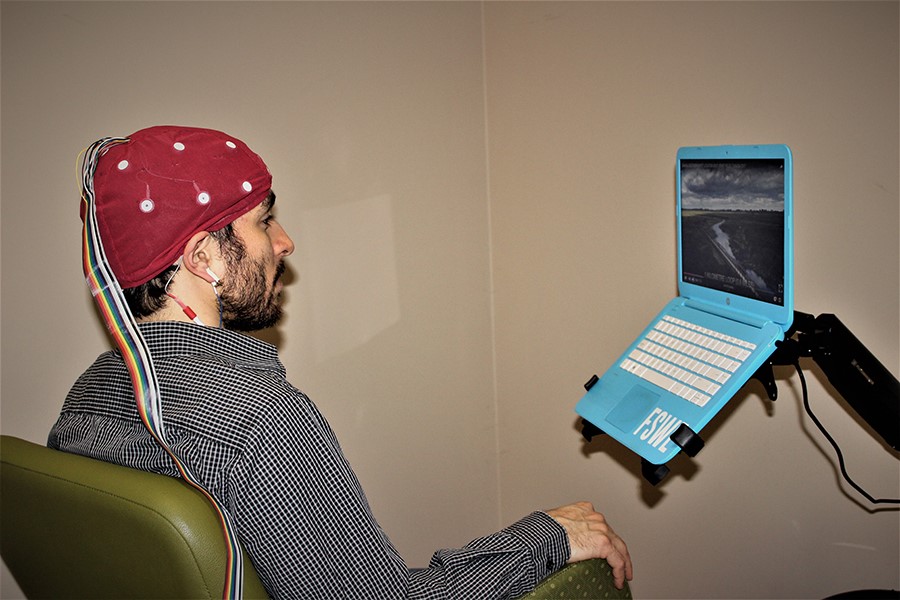
What is the Neurofeedback process
at Family Services Windsor-Essex?
- Step 1: Initial Assessment including Clinical Interview(s) and a Brain-Mapping Session
- Step 2: Brain Training Sessions (1-2 sessions/week for approx. 20-25 sessions)
- Step 3: Re-mapping Session, review and personalized plan for post-treatment success
How does NFB help people experiencing Post-Traumatic Stress Disorder (PTSD)?
Post-traumatic stress disorder (PTSD) develops in some people who have experienced a trauma, or a series of traumatic events. In PTSD, the brain remains in a state of hyperarousal causing a range of negative symptoms. “Patients need help to change the habitual brain patterns created by trauma and its aftermath”, Sebern F. Fisher, Neurofeedback in the Treatment of Developmental Trauma: Calming the Fear-Drive Brain (New York, Norton, 2014).
Neurofeedback can help to facilitate this change within a relatively short period of time. “I had never come across a treatment that could produce such a dramatic change in mental functioning in so brief a period of time”, Bessel Van Der Kolk, M.D. The Body Keeps The Score (New York, Penguin Books, 2014)
The success in treating PTSD with neurofeedback is supported through extensive clinical research. However, it is still considered an experimental treatment. See PTSD Overview for more general PTSD information. See Neurofeedback FAQs for more information on neurofeedback and treating PTSD.
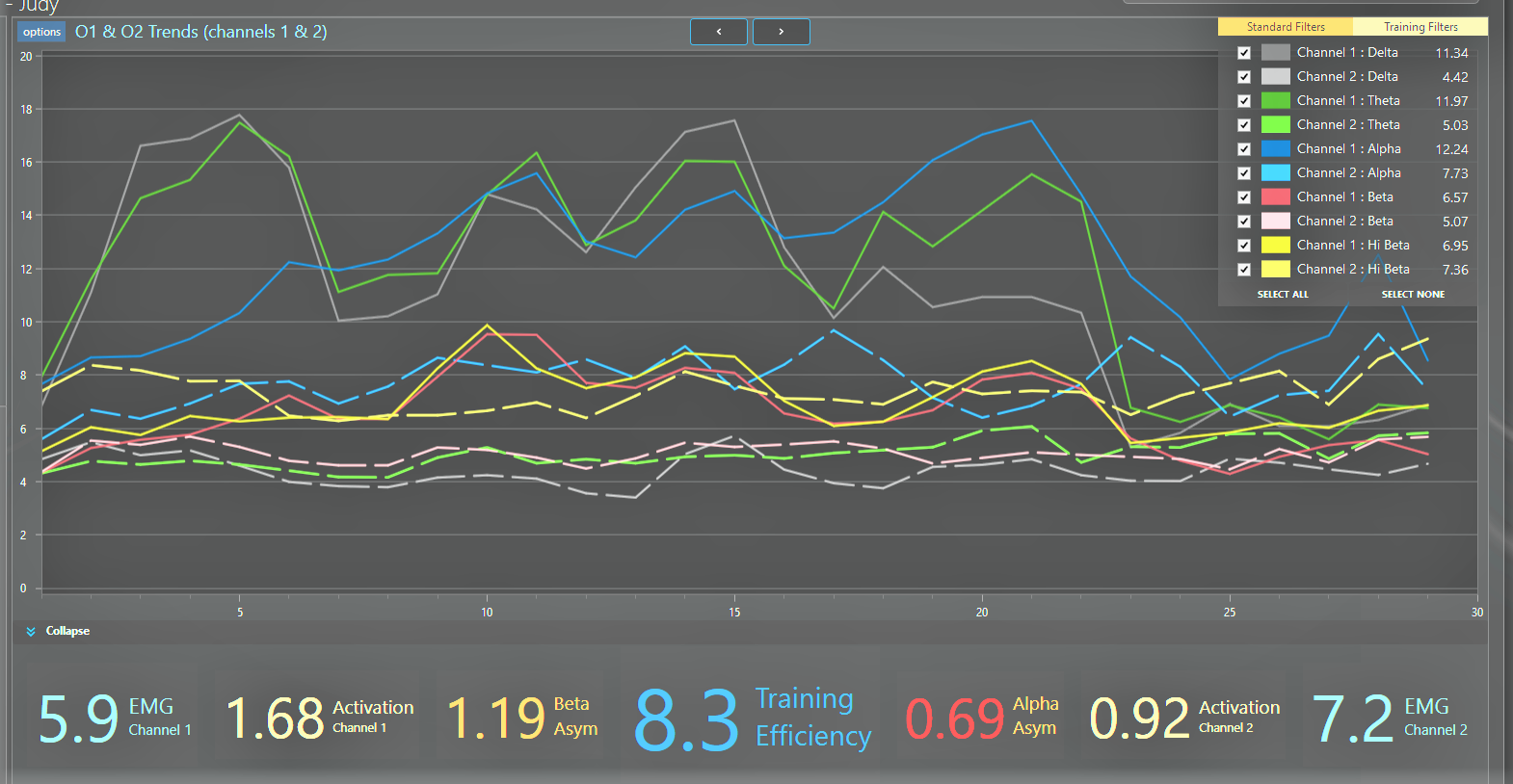
Am I a good candidate for Neurofeedback?
Brain training is a matter of intention, attitude and commitment. Candidates must be adults (18 years and older) and have a diagnosis of Post-Traumatic Stress Disorder (PTSD) from their Primary Care Physician, Psychiatrist or Psychologist.
Good candidates for NFB have the following in common:
- Are ready and interested in trying neurofeedback
- Can commit to regular sessions for a given period of time
- Are willing to provide feedback to their NFB therapist via progress tracking system
- Continue to follow their doctor’s instructions, including taking prescribed medicines
Good candidates also:
- Are committed to general health and well-being, such as good sleeping habits, balanced diet, exercise, etc.
- Are not taking non-prescription drugs, illicit drugs, or abusing alcohol, etc.
- Are able to abstain from caffeine, alcohol, non-prescribed drugs 24 hours prior to their brain training session
- Do not have untreated thyroid problems
Click here for a copy of the Qualifying Questionnaire for Neurofeedback Candidates.
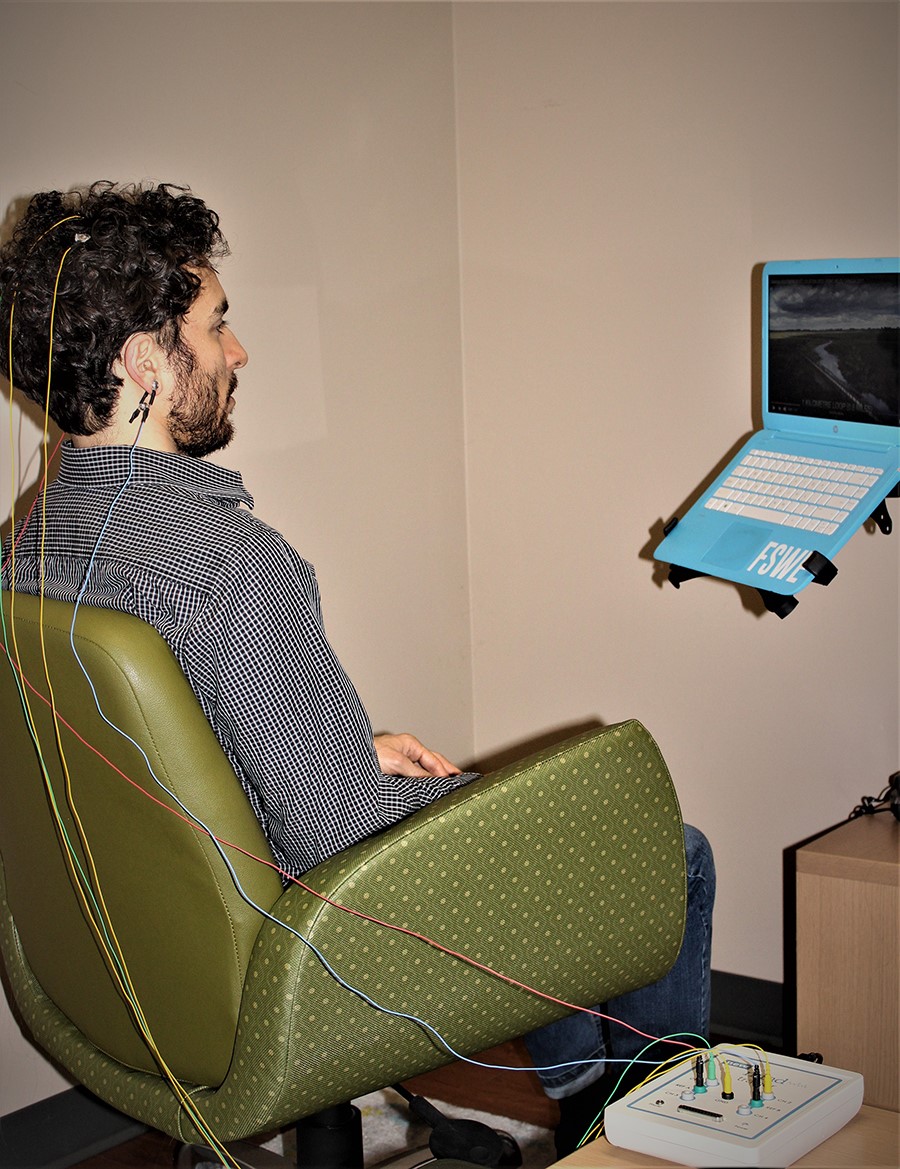
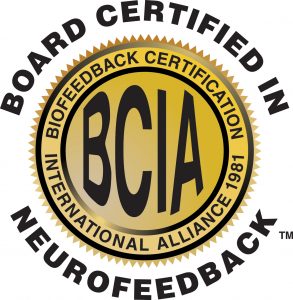
What are the fees for treatment and coverage options?
The fee for a neurofeedback session is $75. You may be covered for neurofeedback sessions through your workplace benefit plan, an EAP/EFAP plan and/or other insurance plans.
Family Services Windsor-Essex NFB Therapists are certified by the Biofeedback Certification International Alliance. To get the most out of neurofeedback, it is important to ensure you are being guided by a competent, accredited professional through a reputable agency.
Click on links for more information on BCIA Certification Neurofeedback FAQs, Qualifying Questionnaire for NFB Candidates and PTSD Overview.
You can also access our Virtual Mental Wellness Workshop! It covers the following topics:
- sense of self
- boundaries, communication and decision-making
- feelings, anxiety and stress,
- depression and anger
It’s free, and can be watched anytime, on any device.
Download or share our counselling flyer!
Download as a PDF
Partially funded by the Government of Ontario

